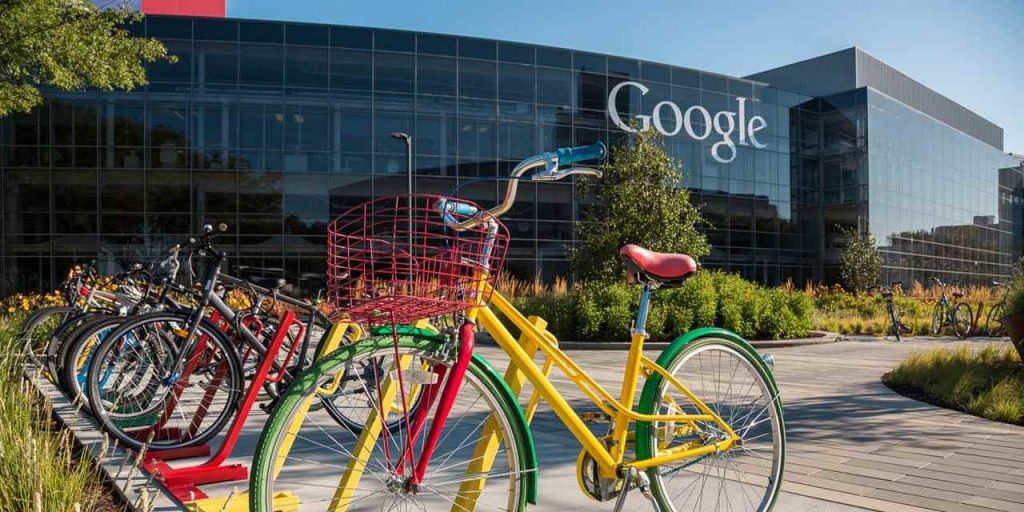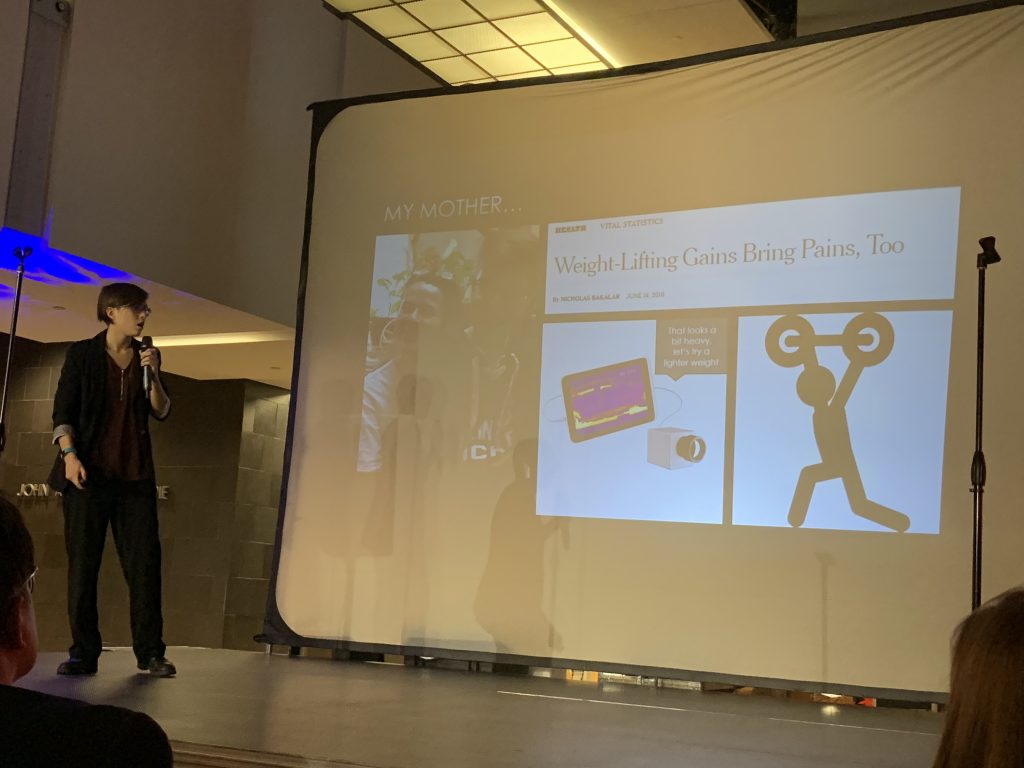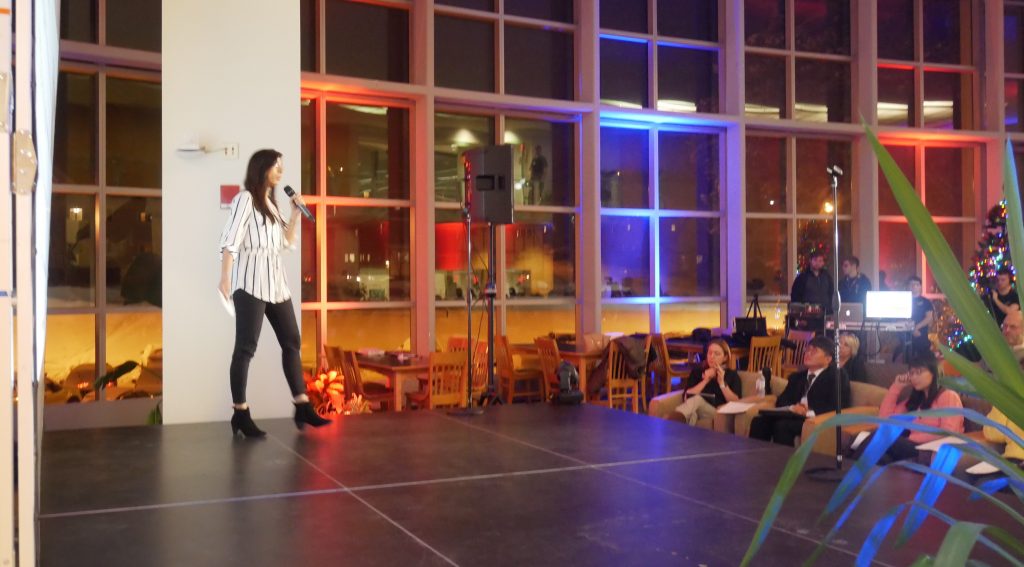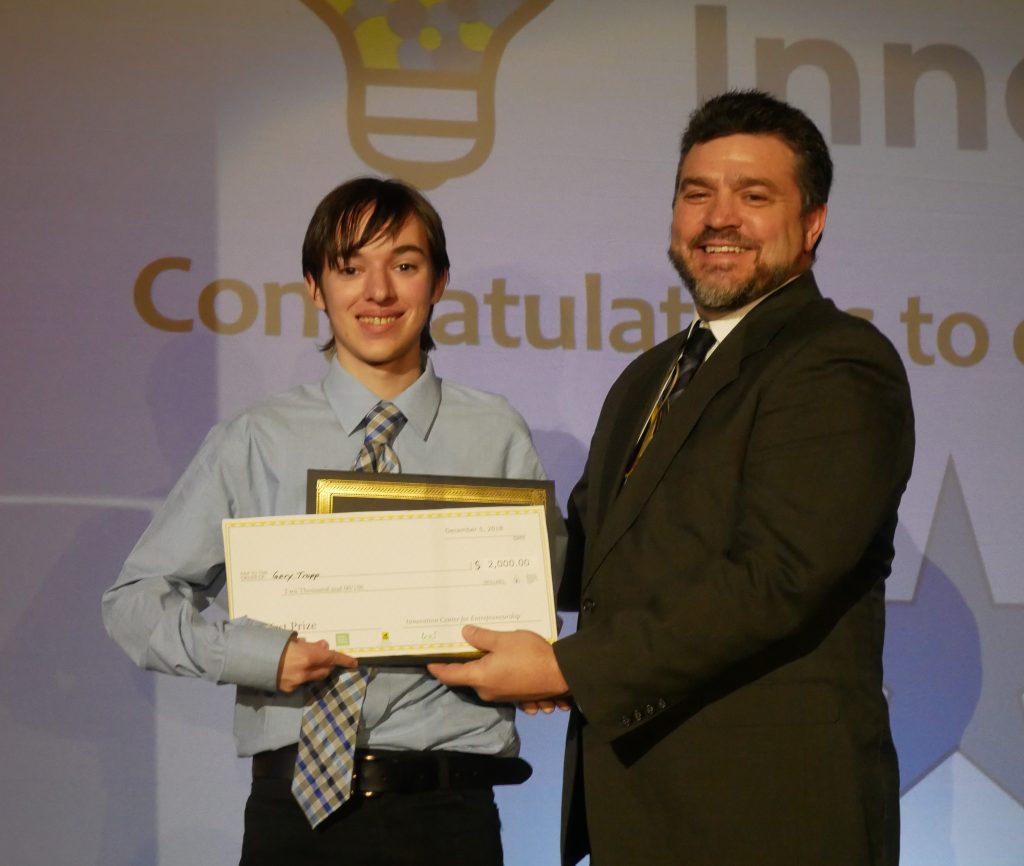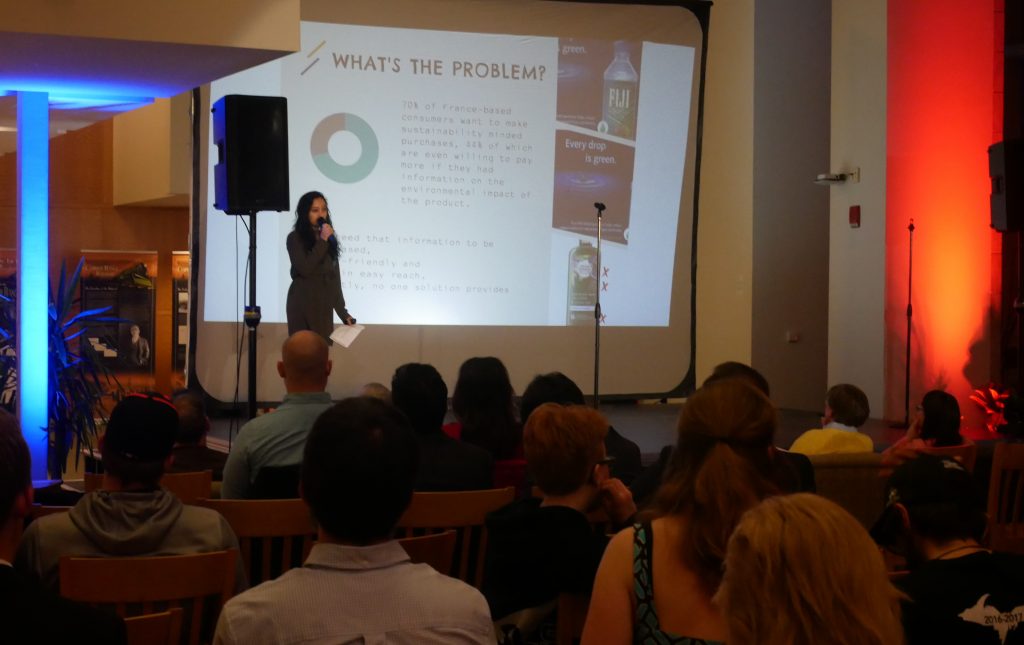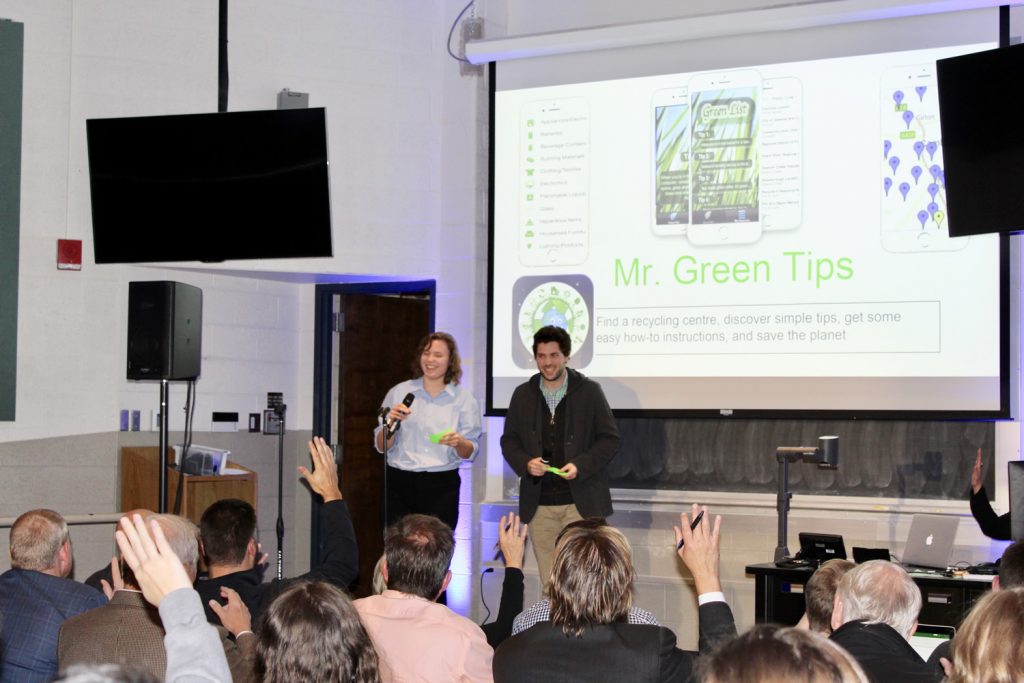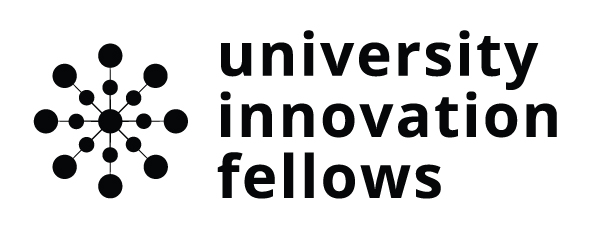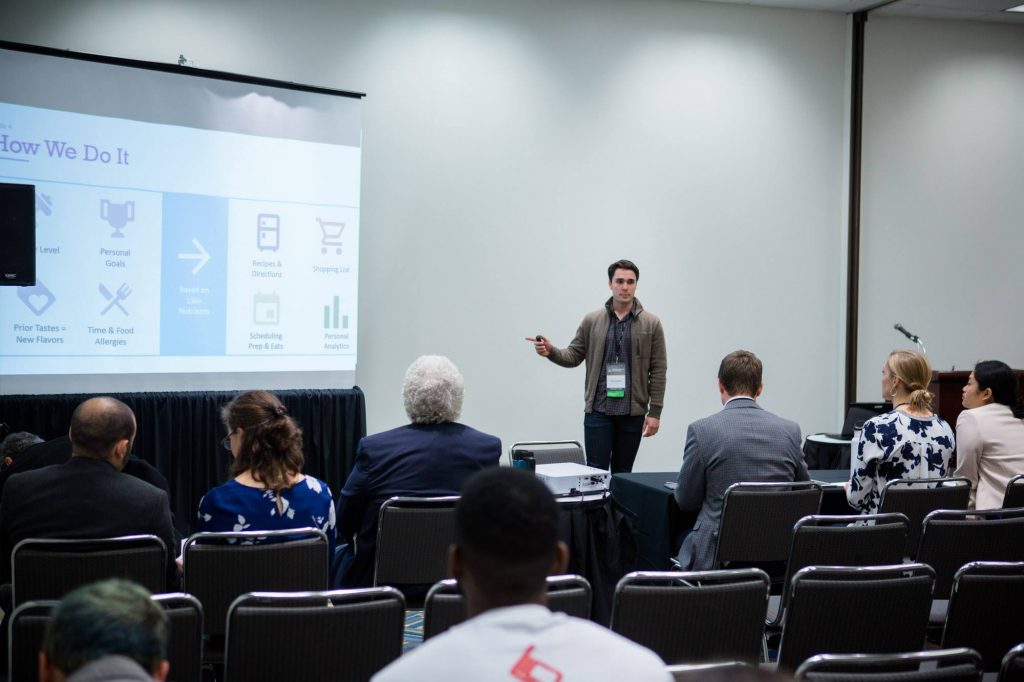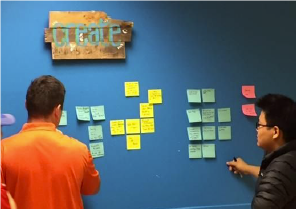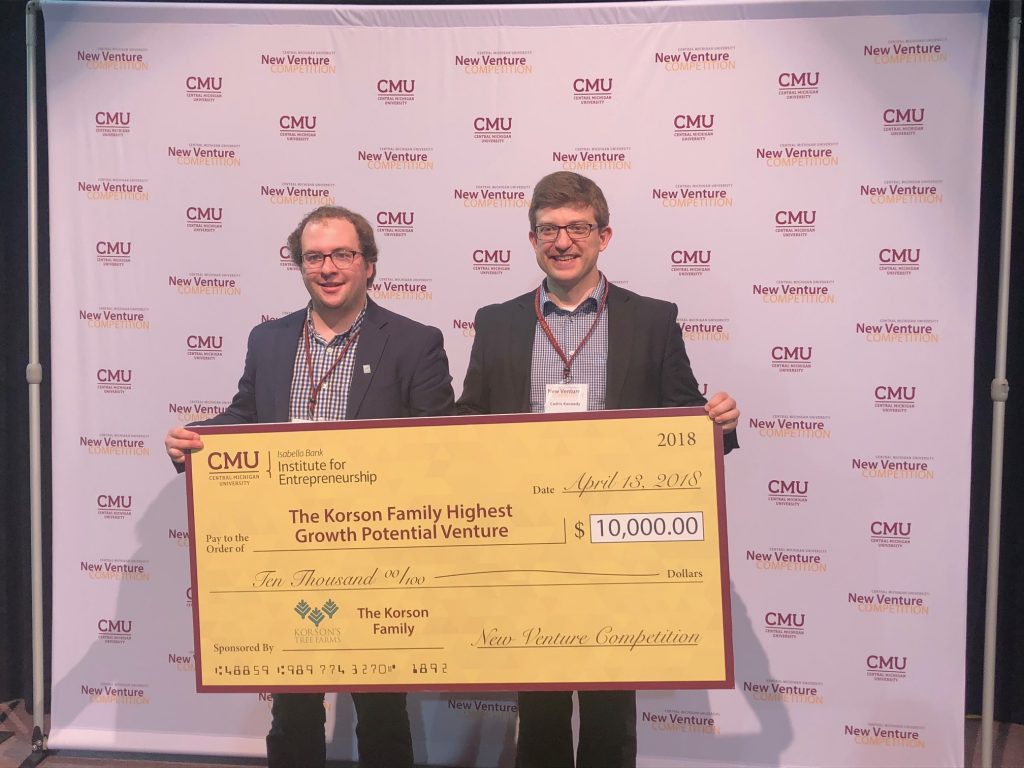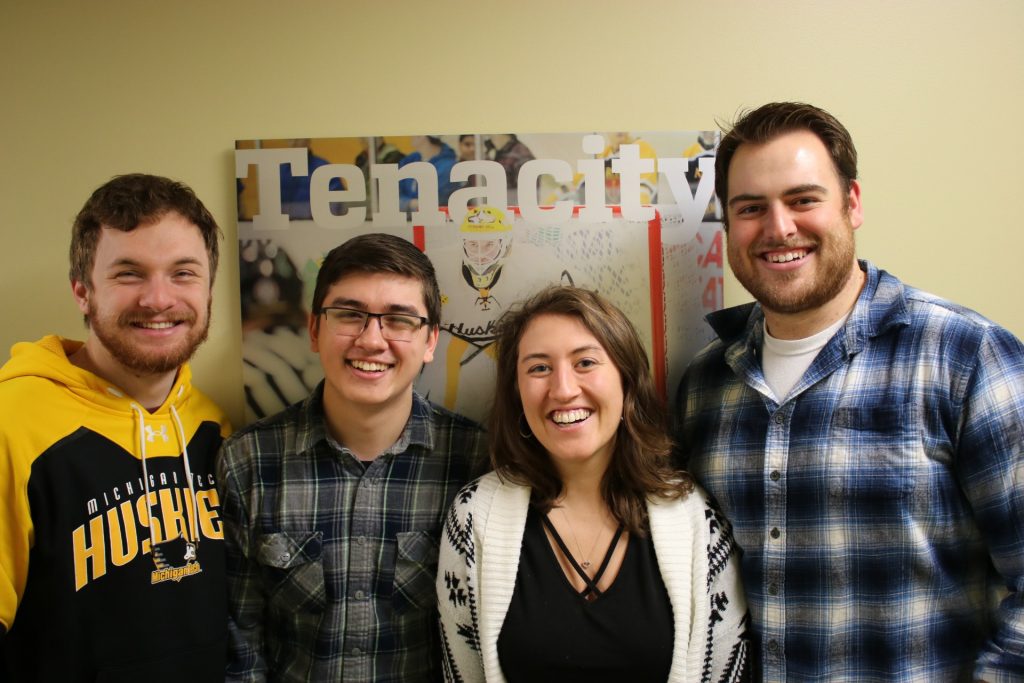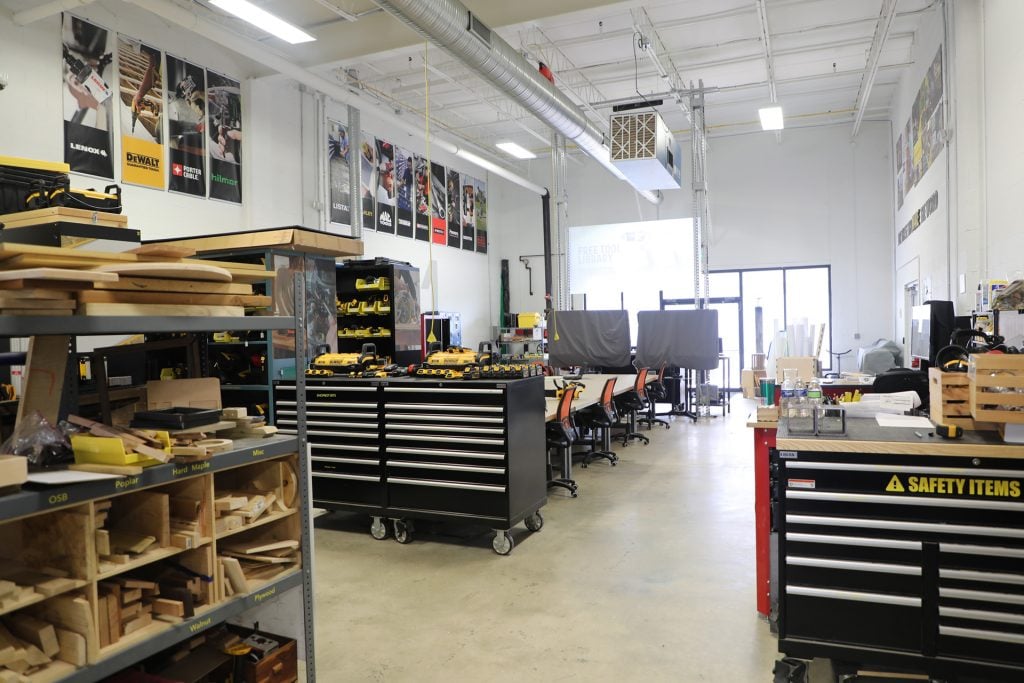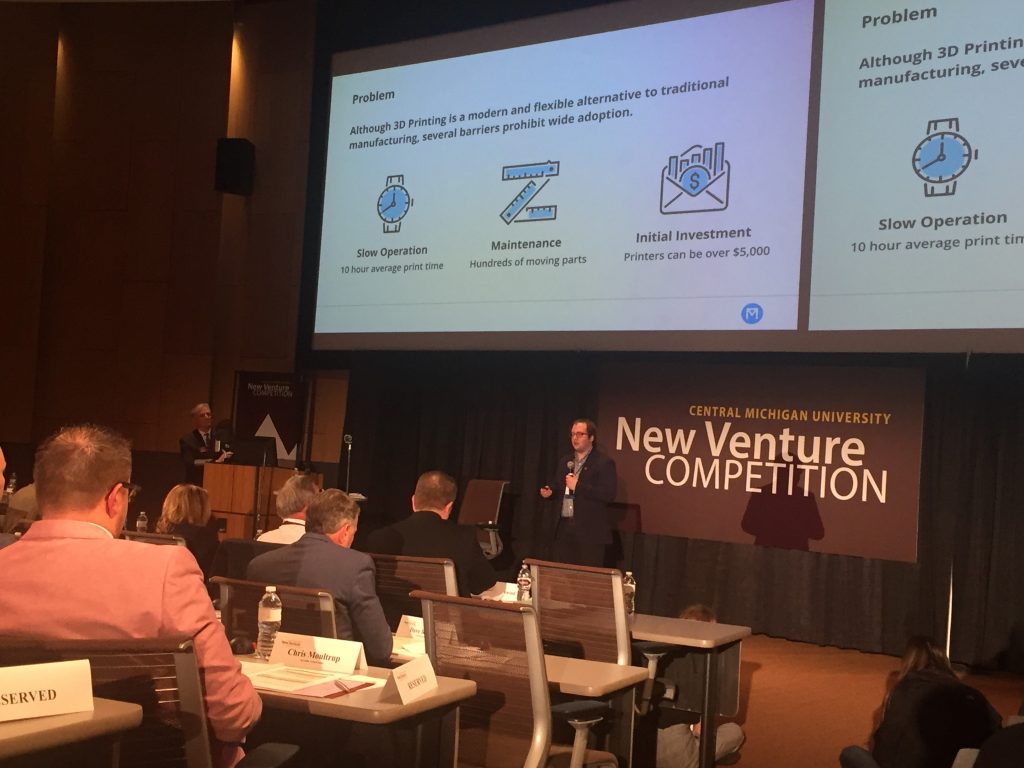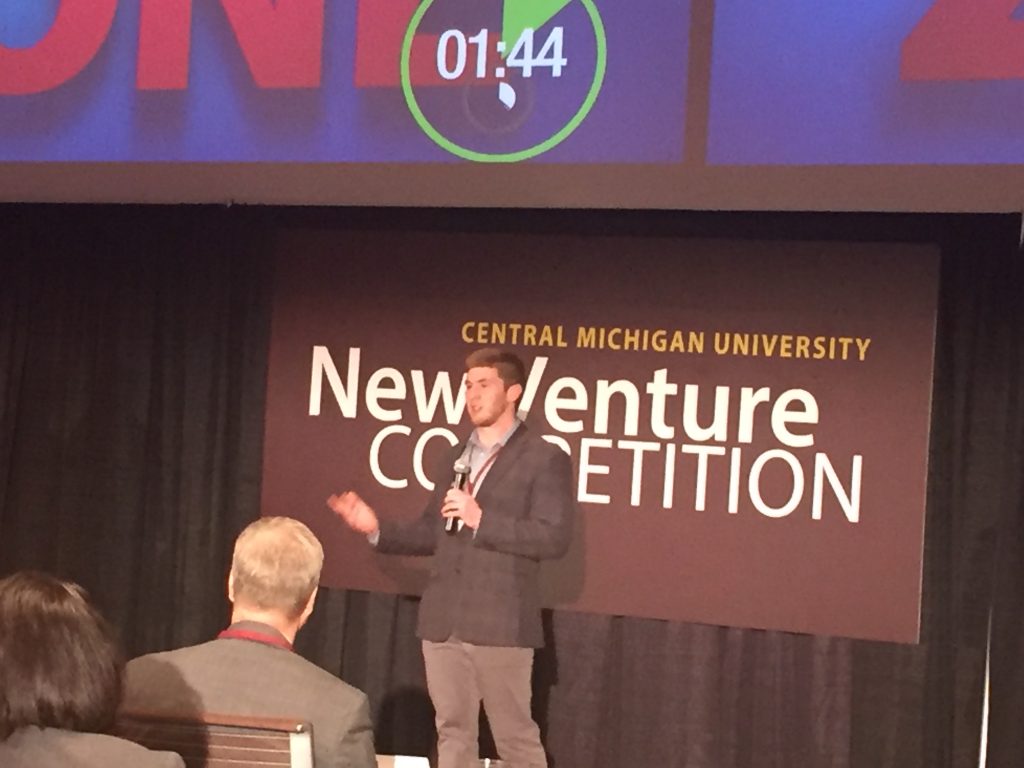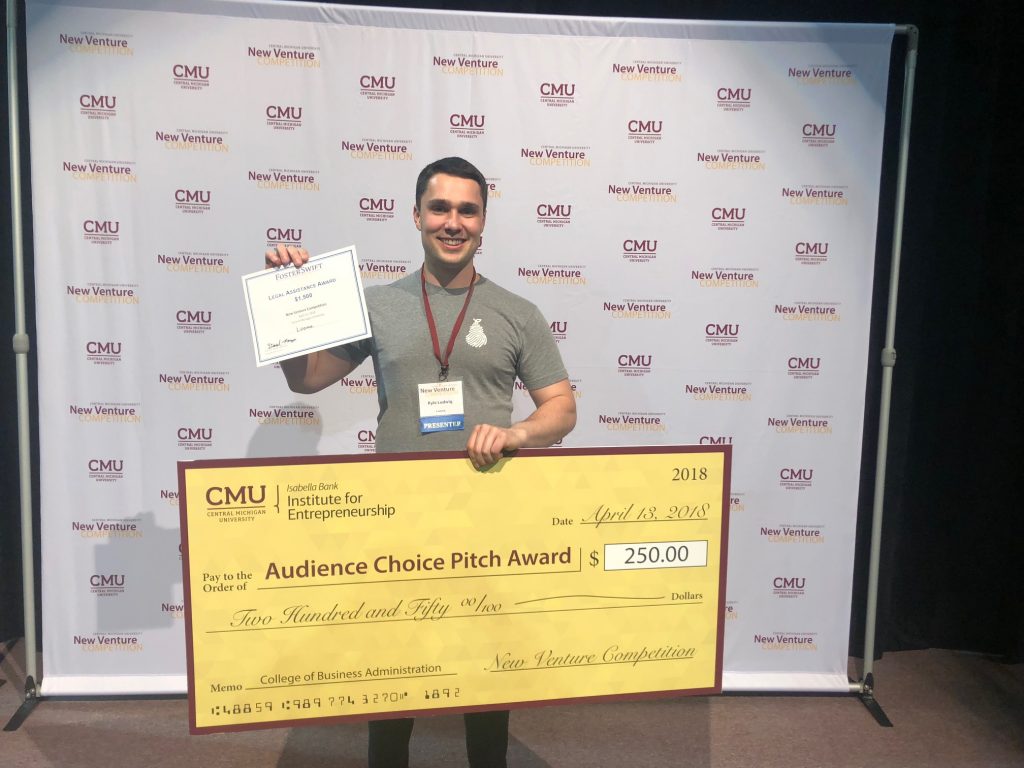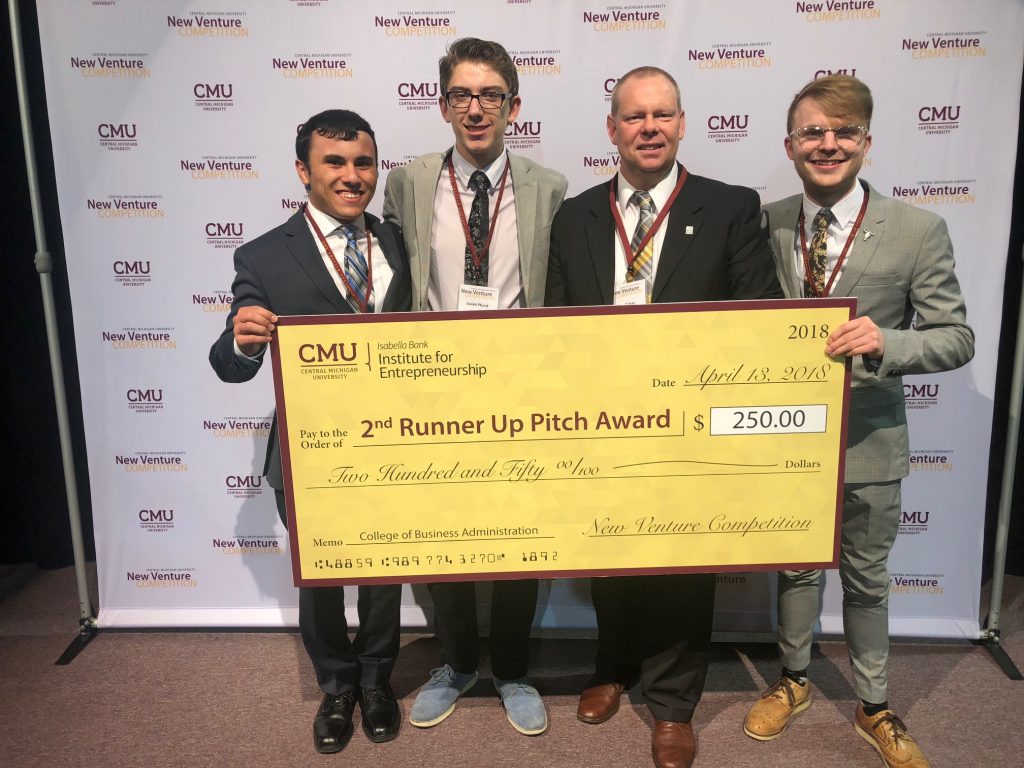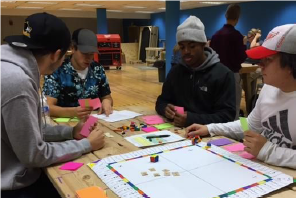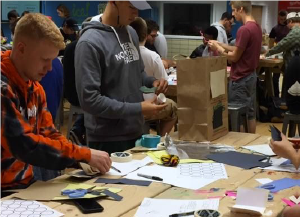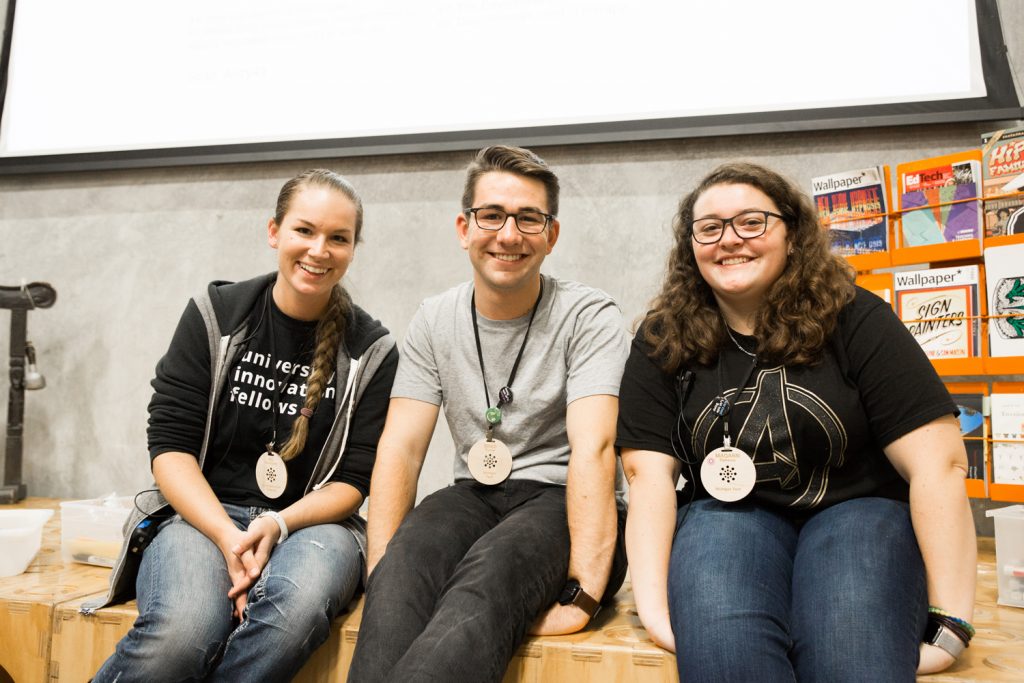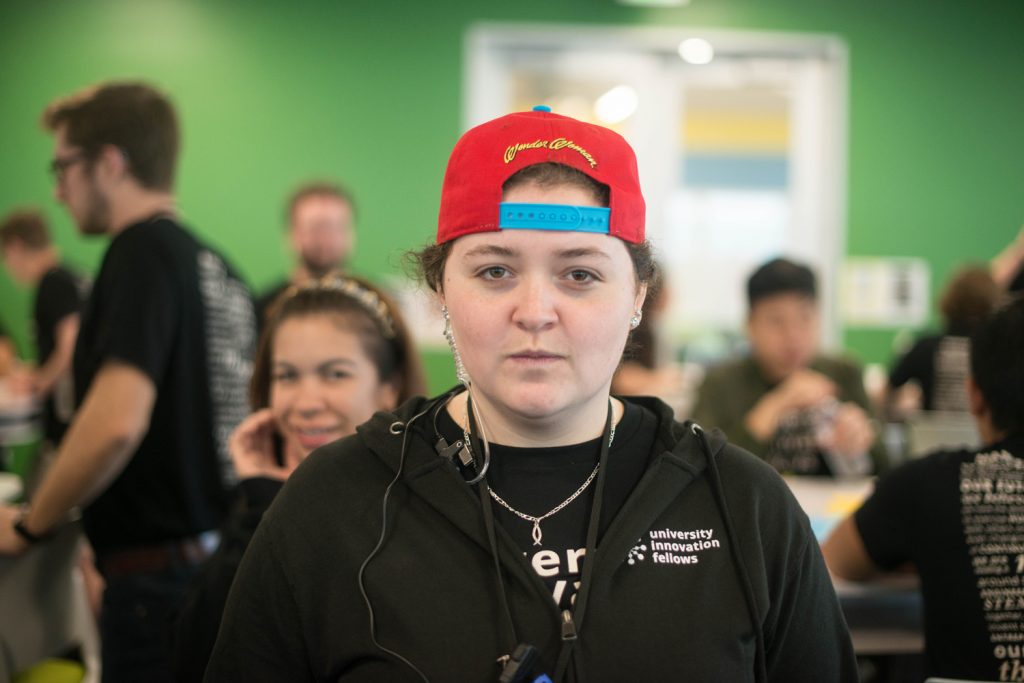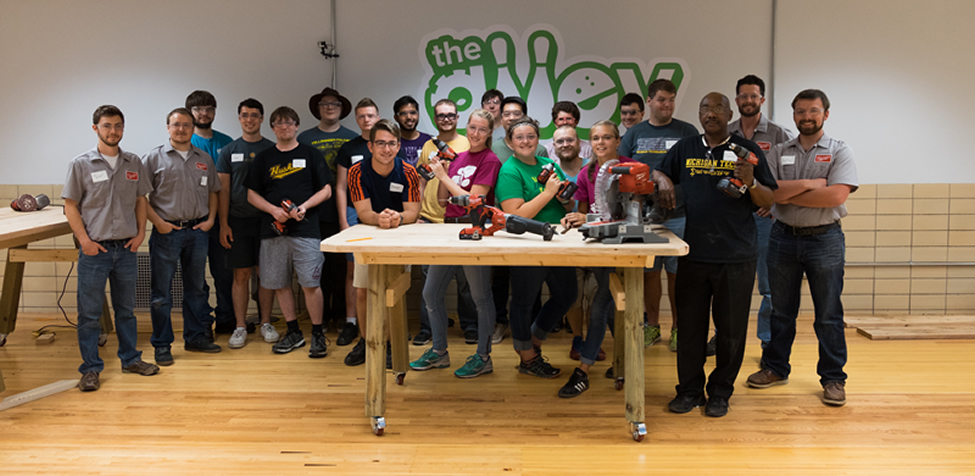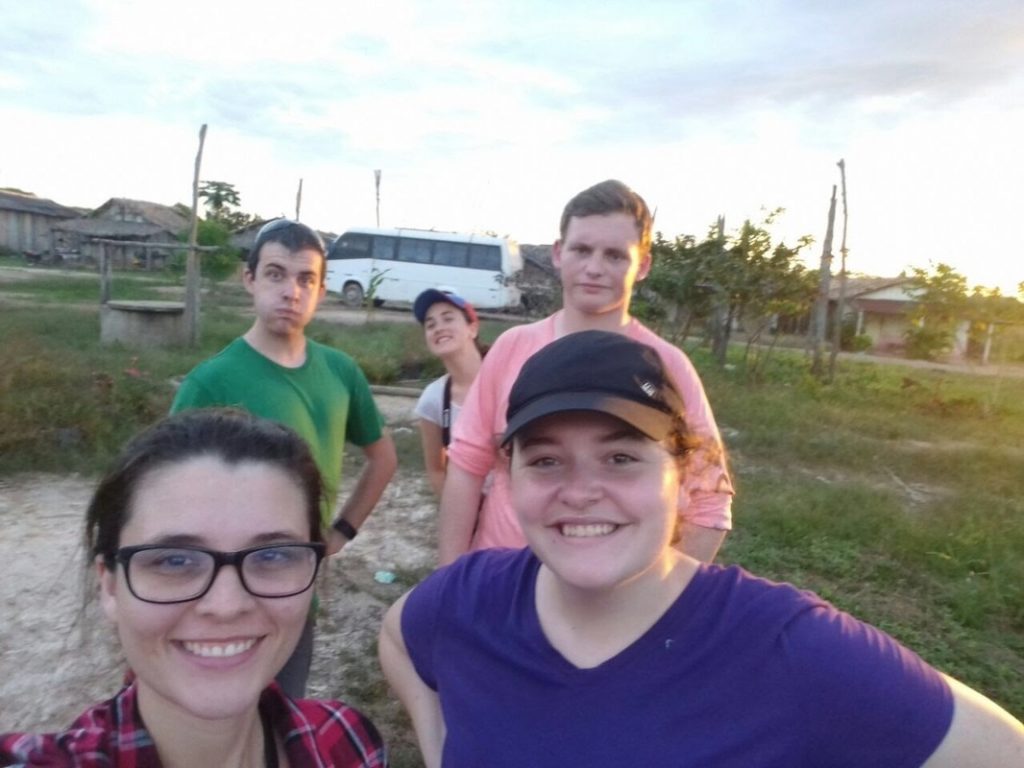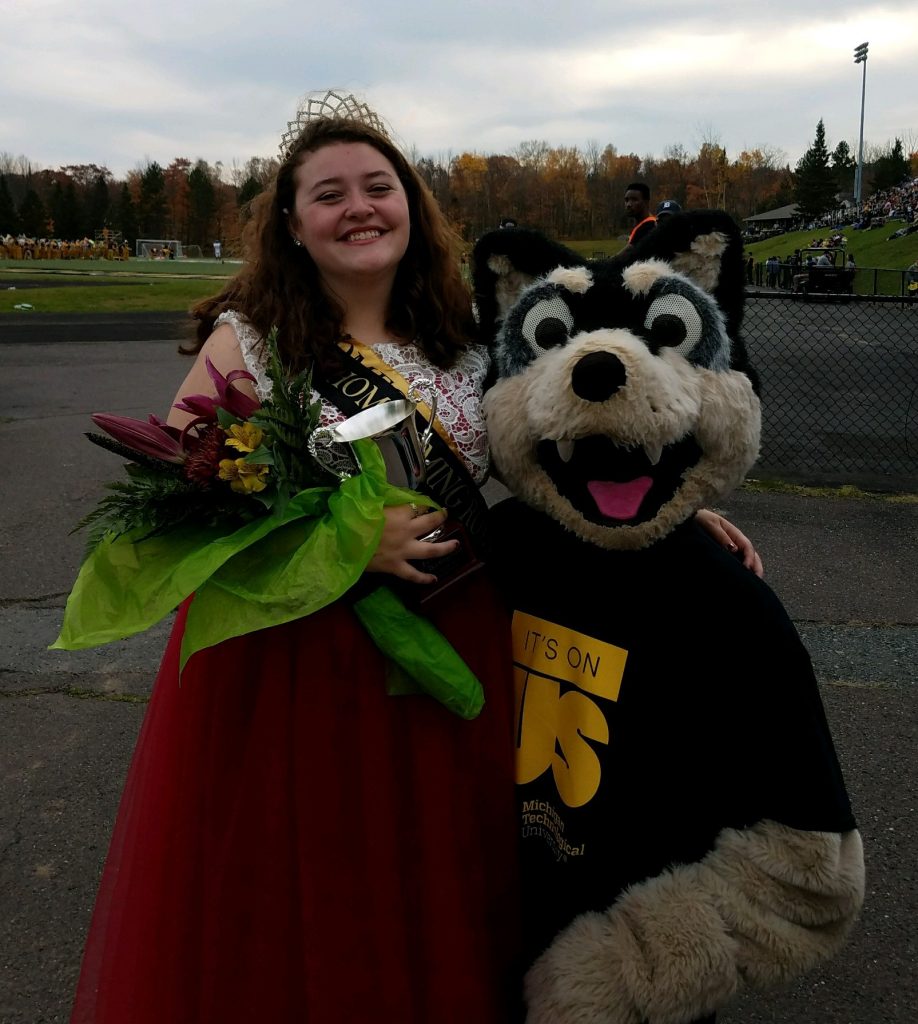Aspiring student entrepreneurs and innovators are invited to apply for the Michigan Technological University Silicon Valley Experience, a Spring Break tour of California Bay Area companies that includes meetings with entrepreneurs and Michigan Tech alumni who are leaders in their field. The deadline to apply is February 8th, 2019, and the application form can be found at SVE Experience 2019 Application. Up to fifteen students will be selected for this experience. Major funding for the trip is provided by Michigan Tech alum Kanwal Rekhi, as well as the Pavlis Honors College Innovation Center for Entrepreneurship and the School of Business and Economics in collaboration with 14 Floors.
Silicon Valley is known for its software giants, high-tech startups, Fortune 1000 companies, innovative culture and entrepreneurial ecosystem – the environment that affects local/regional entrepreneurship, such as culture, policies, talent, entrepreneurial organizations, regional resources, and networks.
The Silicon Valley Experience will showcase multiple perspectives of a day in the life of successful entrepreneurs, innovators, engineers, and business leaders. This tour will provide an interactive opportunity for students to discover more about a variety of industry settings, to sample various innovative corporate cultures through tours and presentations, and to meet and talk with successful alumni entrepreneurs.
Students who apply and are accepted will have the opportunity to:
- Tour companies like Google, Netflix, Hewlett Packard, Facebook, Ford, Clari, BYTON, Twilio, Autodesk, Waymo, the Porter Vineyard, as well as recent Michigan Tech alumnus startup, Handshake
- Meet with entrepreneurs and innovators
- Talk with Michigan Tech alumni who are leaders in their field
- Get answers to your real-world business, innovation, and leadership questions
- Gain firsthand knowledge of the enterprises that are revolutionizing global business
Lodging, some food, and ground transportation to and from toured companies will be covered. Students will be responsible for arranging and paying for their own air travel. As part of the student application, students will create a 2-minute video describing how they will share their experience with the Michigan Technological University community upon completion of their travel in order to positively contribute to our entrepreneurial ecosystem. Students may apply for a limited travel scholarship to help cover the cost of air travel. If you have any questions, please contact Lisa Casper (lcasper@mtu.edu).
